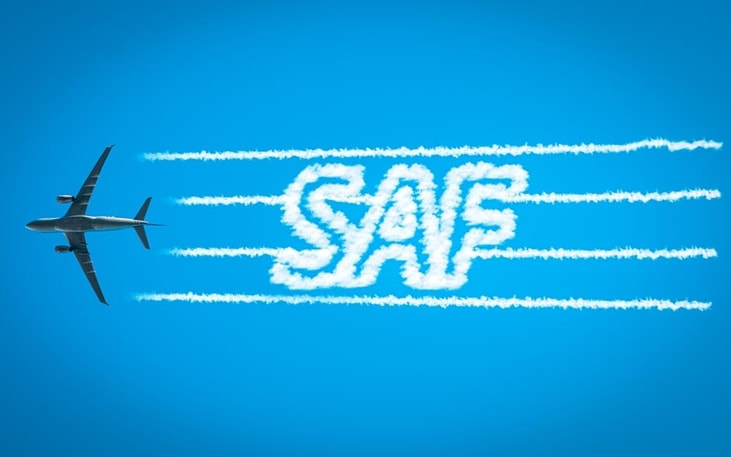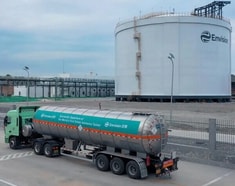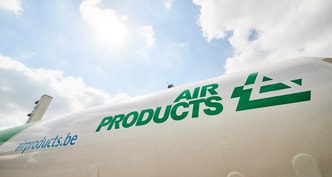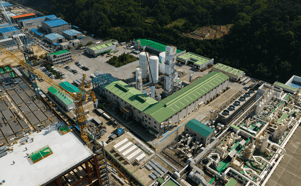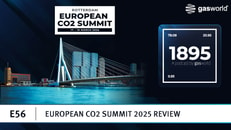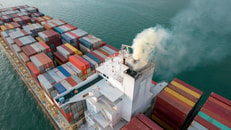Topsoe secures contract for large-scale clean fuels plant
Low carbon technologies company Topsoe will supply key technology to one of Southern Europe’s largest renewable fuels plants owned and operated by Cepsa and Bio-Oils.
Having signed a deal with energy firm Cepsa, Topsoe will provide its HydroFlex technology, which will enable the production of 500,000 tonnes of per year of sustainable aviation fuels (SAF) and renewable diesel from renewable feedstocks such as agricultural waste, fats, oils and greases.
Located in Spain, the plant began construction in February this year and will double the partners’ total renewable fuels production capacity to one million tonnes per year, creating one of the largest renewable fuel complexes in Southern Europe.
The project will also help to bridge the gap between supply and demand for SAF, which Elena Scaltritt, CCO at Topsoe, addressed, saying, “The demand for SAF and renewable diesel is there, but supply is still lagging behind.”
... to continue reading you must be subscribed

